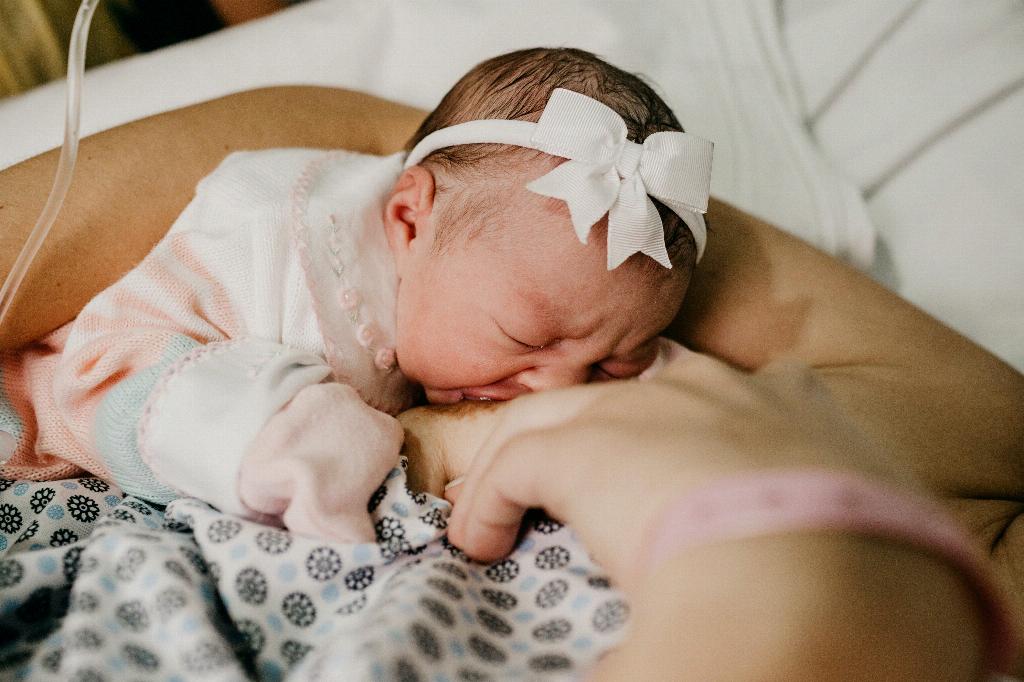It can be alarming and worrying to suddenly feel a hard lump in your breast while breastfeeding. One of the most common reasons for this occurrence is plugged ducts. The milk-producing glands in your breasts can develop small plugs in the ducts, leading to over distension of the milk glands and resulting in a firm or hard lump.
Plugged Ducts and Breast Health
Plugged ducts can disrupt the normal flow of milk in your breasts, causing discomfort and potentially affecting your breastfeeding routine. It is essential to address plugged ducts promptly to prevent further complications and ensure your breast health.
Factors Contributing to Plugged Ducts
Several factors can contribute to the development of plugged ducts during breastfeeding. These include irregular feeding patterns, improper latching, wearing tight clothing or bras, fatigue, stress, and inadequate breast drainage.
Preventing Plugged Ducts
To prevent plugged ducts, it is crucial to maintain a consistent breastfeeding schedule, ensure proper latching during feeding, wear comfortable and supportive clothing, manage stress levels, and prioritize self-care to prevent fatigue.
Managing Plugged Ducts
If you experience a hard lump in your breast while breastfeeding, there are several strategies you can employ to manage plugged ducts effectively. These include frequent nursing or pumping, applying warm compresses to the affected area, massaging the lump gently, and ensuring proper hydration and nutrition.
Seeking Support and Guidance
If you are unsure about how to address a hard lump in your breast or if you experience persistent pain or symptoms, it is essential to seek guidance from a lactation consultant, healthcare provider, or breastfeeding support group for personalized advice and assistance.
Common Misconceptions About Breast Lumps
It is important to distinguish between benign conditions such as plugged ducts and more serious concerns like breast cancer. While plugged ducts are common during breastfeeding and typically resolve with appropriate care, any persistent lumps or changes in your breast should be evaluated by a healthcare professional.
Emotional Impact of Breastfeeding Challenges
Experiencing difficulties with breastfeeding, such as plugged ducts and breast lumps, can have emotional implications for new mothers. It is essential to prioritize self-care, seek support from loved ones, and communicate openly about your concerns to manage stress and anxiety effectively.
Importance of Self-Examination
Regular self-examination of your breasts can help you become familiar with their normal texture and detect any changes or abnormalities promptly. By being proactive about your breast health, you can address any concerns early and receive timely medical attention if needed.
Staying Informed and Educated
Continuing to educate yourself about breastfeeding, breast health, and common challenges can empower you to navigate potential issues with confidence and understanding. Stay informed about resources, support networks, and professional guidance available to assist you on your breastfeeding journey.
Supporting Other Breastfeeding Mothers
Sharing your experiences with other breastfeeding mothers, offering encouragement, and advocating for breastfeeding support within your community can create a positive and supportive environment for new parents. By fostering a sense of solidarity and understanding, you can help empower others in their breastfeeding endeavors.
Conclusion
In conclusion, the sudden development of a hard lump in your breast while breastfeeding is commonly attributed to plugged ducts. By understanding the factors contributing to this issue, taking proactive steps to prevent and manage plugged ducts, seeking support and guidance when needed, and prioritizing self-care and breast health, you can navigate breastfeeding challenges with confidence and resilience.

